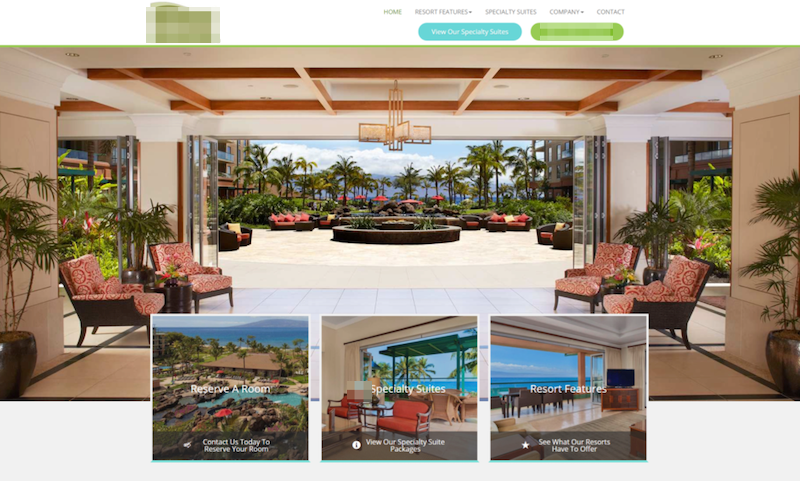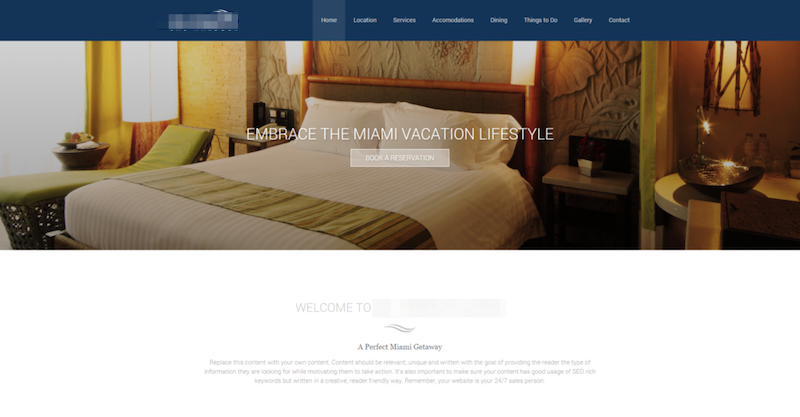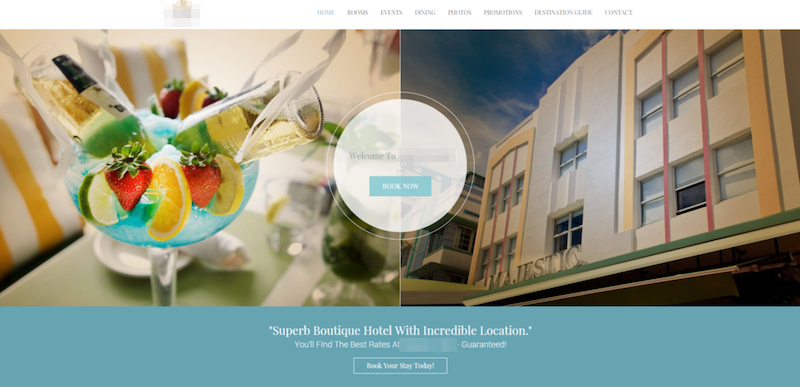Whether someone hears about your hotel in a Google search or a recommendation from a friend, the first thing they do before calling you to book their stay is to visit your website. If your hotel website isn’t up to par, the chances that they will follow through and reserve a room are slim to none.
Not just any hotel website will do. You need a website that will encourage visitors to convert into guests. That means that you need a great hotel website. Keep reading to learn tips on how to build one.




